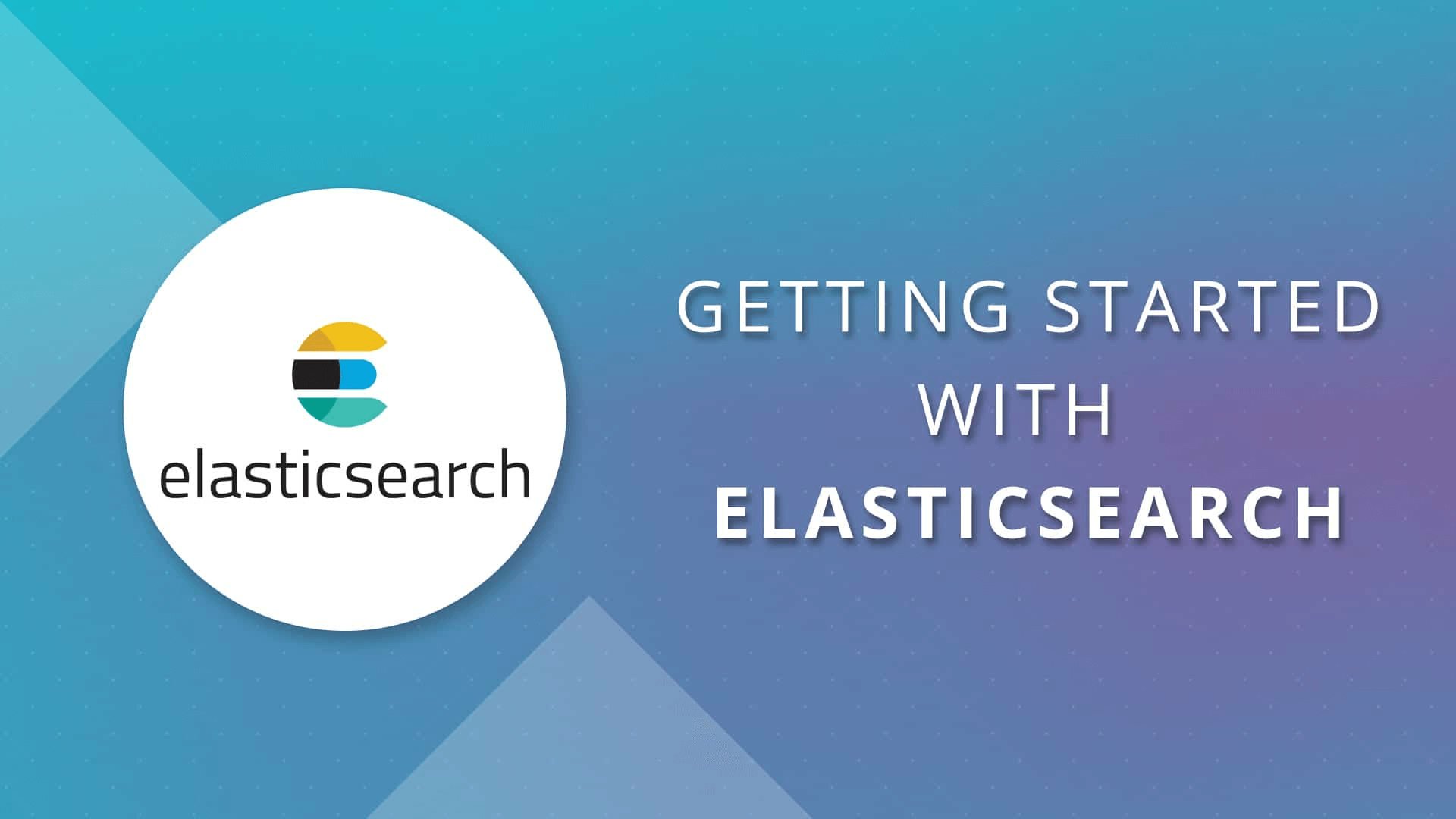Introduction:
In today’s data-driven world, the ability to efficiently search and analyze vast amounts of information is crucial for businesses to stay competitive. Enter Elasticsearch – a powerful, distributed search and analytics engine that has become the go-to solution for organizations seeking to unlock the value of their data. In this comprehensive guide, we’ll take a deep dive into Elasticsearch, exploring its features, capabilities, and real-world applications.

Understanding Elasticsearch:
Elasticsearch is an open-source, distributed search engine built on top of Apache Lucene. It is designed to handle large-scale data processing tasks, including search, analytics, and real-time data retrieval. At its core, Elasticsearch uses a distributed architecture, allowing it to horizontally scale across multiple nodes, making it highly resilient and fault-tolerant.

Key Features and Capabilities:

Full-Text Search:
Elasticsearch excels at full-text search, allowing users to quickly query and retrieve relevant documents based on keyword matches.
Real-Time Data Analysis:
With its near real-time indexing capabilities, Elasticsearch enables organizations to analyze streaming data and derive actionable insights on the fly.
Scalability:
Elasticsearch’s distributed nature makes it inherently scalable, enabling organizations to seamlessly add or remove nodes as their data needs evolve.
Aggregations:
Elasticsearch provides powerful aggregation capabilities, allowing users to perform complex analytics operations, such as aggregating data over time intervals, geographic regions, or other dimensions.
Multi-Tenancy:
Elasticsearch supports multi-tenancy, making it ideal for environments where multiple users or applications need to access and query the same data while maintaining isolation and security.
Real-World Applications:
Enterprise Search:
Elasticsearch is widely used for building enterprise search applications, enabling users to quickly find relevant information across a variety of data sources, including documents, databases, and websites.
Log and Event Monitoring:
Elasticsearch is commonly used for log and event monitoring, allowing organizations to centralize and analyze log data from disparate sources, such as servers, applications, and network devices.
Security and Compliance:
Elasticsearch’s robust security features, including role-based access control and encryption, make it well-suited for building secure and compliant applications in industries such as finance, healthcare, and government.
Business Intelligence:
Elasticsearch’s rich querying and aggregation capabilities make it a popular choice for building business intelligence and analytics applications, enabling organizations to gain insights into their data and make data-driven decisions.
Getting Started with Elasticsearch:

Installation and Setup:
Setting up Elasticsearch is relatively straightforward, with official packages available for major operating systems. Additionally, Elasticsearch can be deployed in the cloud using platforms such as Amazon Elasticsearch Service or Elastic Cloud.
Indexing Data:
Once Elasticsearch is up and running, the next step is to index data into the system. This can be done using Elasticsearch’s RESTful API or one of its client libraries, which are available for a variety of programming languages.
Querying Data:
Elasticsearch provides a powerful query DSL (Domain-Specific Language) for searching and retrieving data. Queries can be constructed to match specific criteria, including full-text search, filtering, sorting, and aggregations.
Monitoring and Maintenance:
Like any distributed system, Elasticsearch requires monitoring and maintenance to ensure optimal performance and reliability. Tools such as Kibana, part of the Elastic Stack, provide monitoring and visualization capabilities for Elasticsearch clusters.
Conclusion:
In conclusion, Elasticsearch is a versatile and powerful search and analytics engine that offers a wide range of features and capabilities for unlocking the value of your data. Whether you’re building enterprise search applications, monitoring logs and events, or performing complex analytics, Elasticsearch provides the tools you need to succeed. As organizations continue to embrace data-driven decision-making, Elasticsearch will undoubtedly play a crucial role in shaping the future of search and analytics.
Closing Thoughts:
As we conclude this deep dive into Elasticsearch, it’s clear that this powerful search and analytics engine is more than just a tool – it’s a catalyst for innovation and transformation in the world of data management. Whether you’re a small startup or a global enterprise, Elasticsearch offers the scalability, flexibility, and performance you need to harness the full potential of your data. By enabling real-time search and analysis across vast amounts of structured and unstructured data, Elasticsearch empowers organizations to uncover valuable insights, streamline operations, and drive business growth. From enterprise search to log monitoring to business intelligence, the applications of Elasticsearch are virtually limitless, limited only by your imagination.
As you embark on your Elasticsearch journey, remember that success is not just about technology – it’s also about people and processes. Invest in training and education for your team, adopt best practices for data management and security, and embrace a culture of continuous learning and improvement.
In the ever-evolving landscape of data management, Elasticsearch stands as a beacon of innovation and possibility. Whether you’re searching for answers, analyzing trends, or unlocking new opportunities, Elasticsearch is your trusted partner on the path to data enlightenment. Embrace it, explore it, and let it guide you to new horizons of success.






